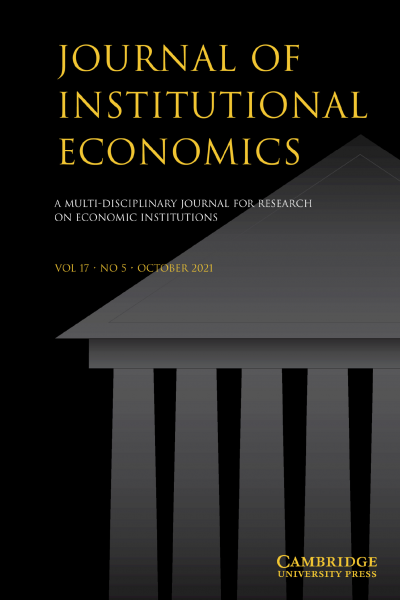
This paper builds on the Ostroms’ oeuvre to suggest that the binary Samuelsonian taxonomy of goods – or the ‘sterile dichotomy’, as Elinor Ostrom calls it – cannot serve as a reliable guide for public policy. Using the Ostroms’ insights on co-production, institutional matching, and polycentricity, we argue that the ‘inherent’ nature of goods and their specific taxonomy are not static and definitive concepts but are instead contestable and dynamic features that are institutionally contingent. We explore four crucial mechanisms and/or contexts, not altogether unrelated, whereby the nature of goods becomes contestable and malleable: namely, (1) technological and geographical factors, (2) coproduction and entrepreneurial ingenuity, (3) bundling and unbundling of services, and (4) ideologies and regime shifts. This exercise has twofold purposes. First, we generalize the notion that there is nothing ‘inherent’ in the nature of goods and services and that they are fluid, heterogeneous, and malleable concepts. Second, we contribute to the debate on the provision of public goods and the role of civil society by highlighting the need for institutional malleability and diversity adaptive to changing technology, contexts, and institutional conditions.
COMPRAR Journal of Institutional Economics, Volume 17, Issue 1, February 2021, pp. 71 - 89 DOI: https://doi.org/10.1017/S1744137420000338«La libertad no se pierde por
quienes se esmeran en atacarla, sino por quienes
no son capaces de defenderla»